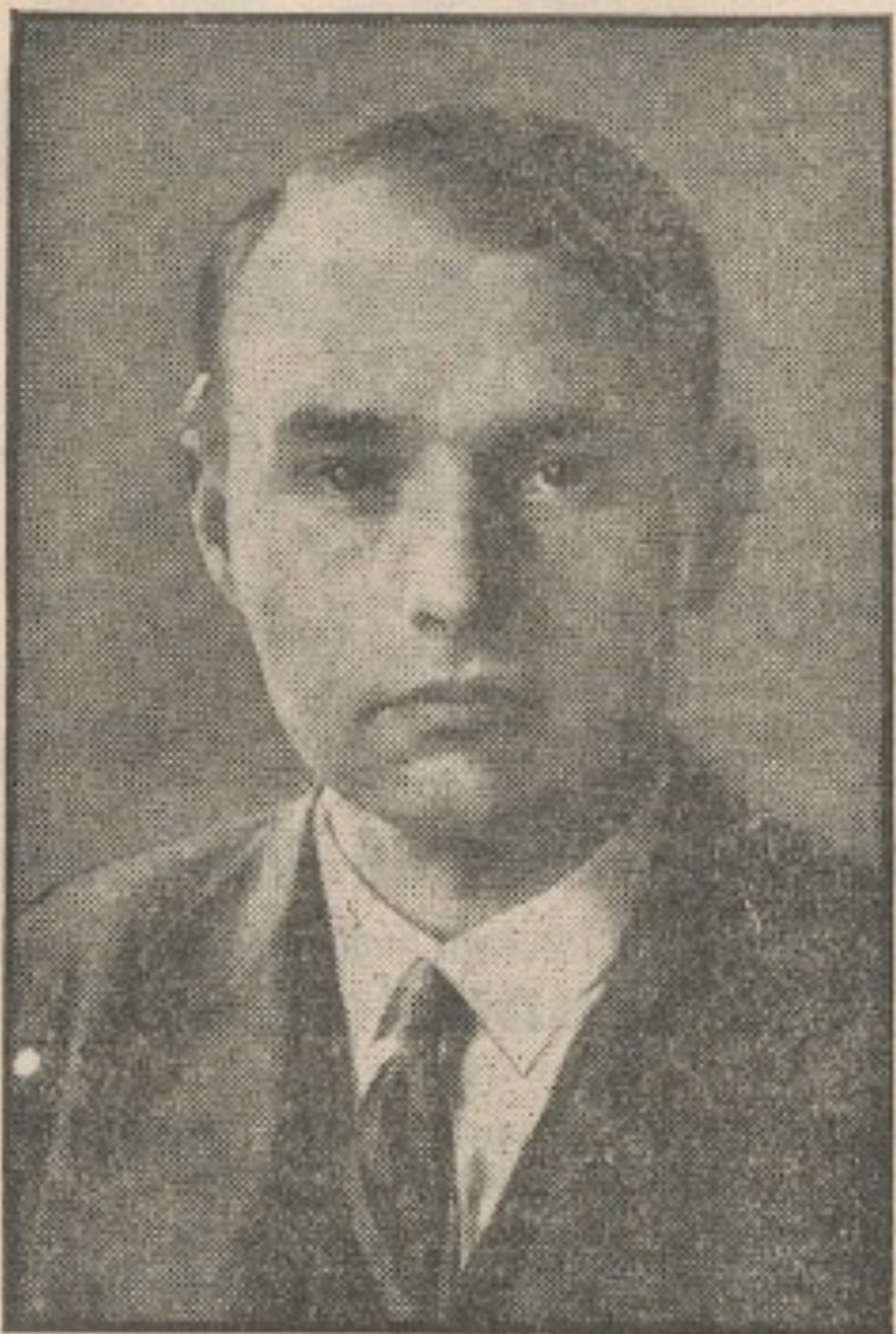

Isko Thaler
*17 January 1902
Works by Isko Thaler
Biography
Isko Thaler composer of Polish origin, was born in Bohorodchany, modern-day Ukraine, on 17th January 1902. He studied at the Vienna Conservatory with Eusebius Mandyczewski and then with Franz Schreker, also following him to Berlin. His career seemed to have taken off at the beginning of the 1930s: an appearance at the Donaueschingen Festival in 1922, prizes for film music in Vienna (1931), many professional relationships with important musicians and publishing houses, including Universal Edition, from 1931 to 1936. Among the many works from that period, several transcriptions for Cello and Piano were published in collaboration with his close lifelong friend, the cellist Joachim Stutschewsky (1891-1982). Isko Thaler‘s name was removed on the 10th of February 1939 from the AKM (in German Staatlich genehmigte Gesellschaft der Autoren, Komponisten und Musikverleger) Viennese list. The outbreak of war and his attempt to escape to Palestine led to his arrest at Benghazi in Libya and to the internment with his parents, Salomon Thaler and Debora Blumenstein, at Ferramonti camp in Italy where they arrived on the 16th of September 1940. In the Calabrian fascist camp, although subject to the rules imposed by the fascist military authorities, Isko Thaler organised concerts, wrote and transcribed music and trained young musicians in music theory and harmony lessons. After the Liberation of the Camp in September 1943 he lived in Italy, first in Bari (1944) where he collaborated for music programmes at the local Radio Bari, and then in Rome (1949), continuing his work as a composer and as head of RAI's popular music department, at least until 1970. His date of death and burial place are still unknown.
Musica Internata
Musica Internata is an Italian project of the Rovigo Conservatory of Music. It concerns the research, study, digitisation, publishing and performance of music written by foreign Jewish composers interned in fascist camps in Italy and in the occupied Yugoslavia during WWII (1940-1943). The internment camps were established by Mussolini as a control measure against foreign enemies after the outbreak of war on 10th June 1940. The enemies immediately included “dangerous Italians” and “foreign Jews”. Thus, the Jew-foreigner-enemy stereotype re-emerged, which was to become central to anti-Jewish policy in Italy from 1943 onwards. Only in recent years have studies and concerts begun on the musical activities that unexpectedly flourished in many of the 48 campi del Duce in Italy and in the occupied Yugoslavia. The research is also carried out with a present and future perspective to comparative studies in other countries all over the eastern and western world and it currently involves numerous Italian and international students and scholars, who are engaged in academic thesis, digitisation projects and intensive concert activities in Italy and abroad. Concerts and a museum exhibition on Polish musician Bogdan Zins (1905-1994) were held at the historical site of the former internment camp in Campagna (Salerno) and other important cultural centres in Italy (Venice, Bologna, Milan etc.) in 2022 and 2023. The focus in recent years has been on the recovery of three Jewish composers interned in the Italian fascist camp of Ferramonti in Calabria, their histories and their music: Kurt Sonnenfeld, Isko Thaler and Leon Levitch. A special bibliographical section for music scores and international musicological studies on persecuted music has been set up in the Rovigo Conservatory Library. The Conservatory actually collaborates with the CDEC (in Italian Fondazione Centro di Documentazione Ebraica Contemporanea) a major institution for Jewish studies based in Milan. Since 2019 courses and seminars have been available for students and scholars on this topic in Rovigo. The Conservatory received (2021) from the heirs the personal library of the Viennese composer Kurt Sonnenfeld (1921-1997), exiled and then interned in Italy for four years and eight months.
